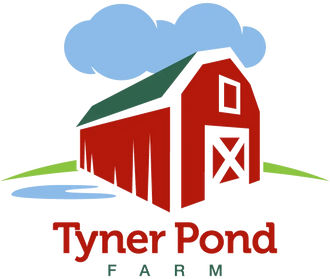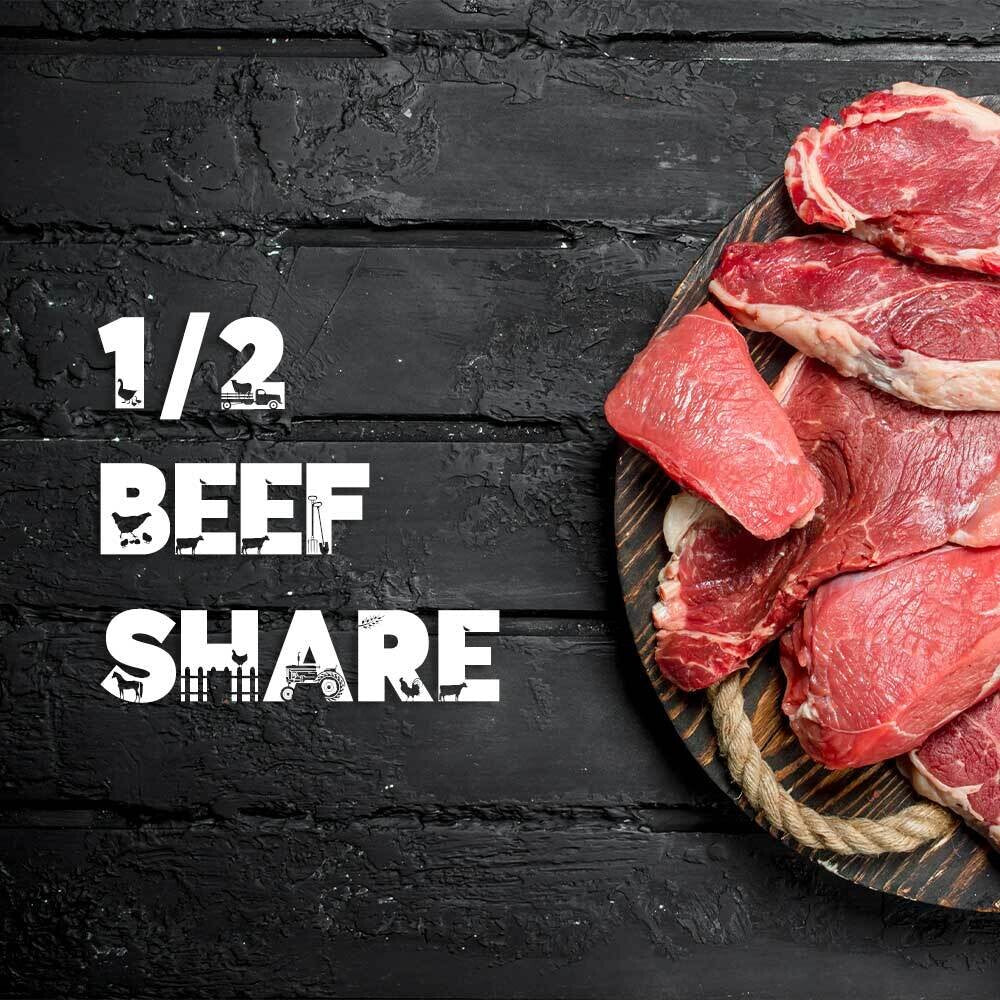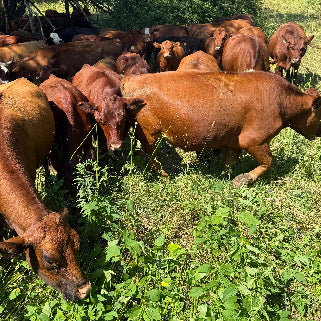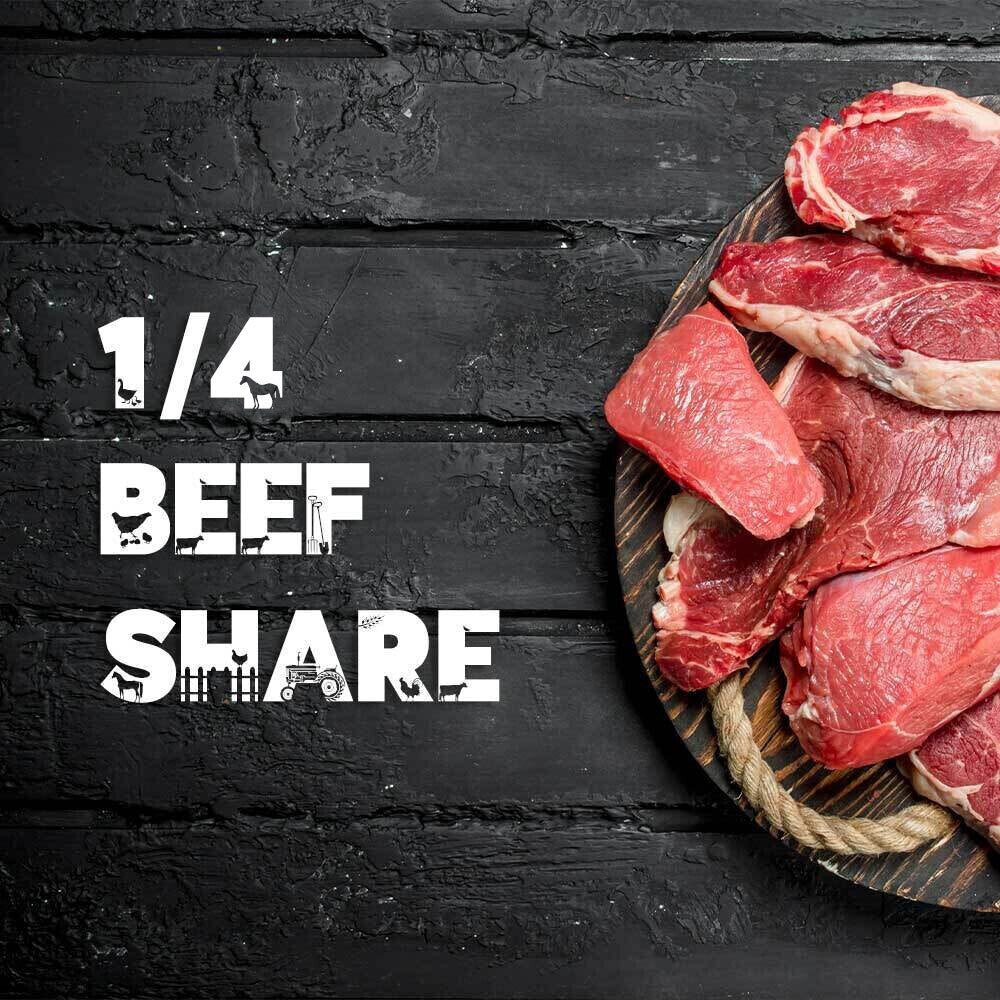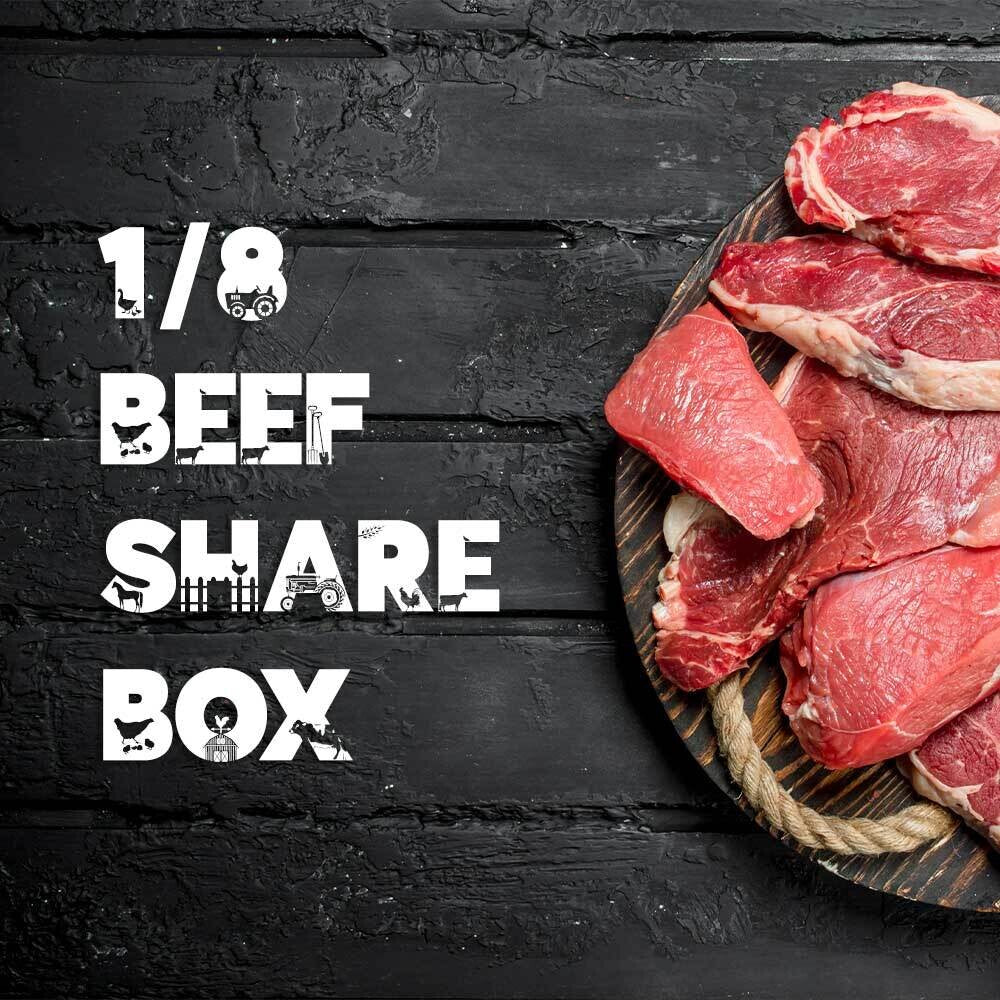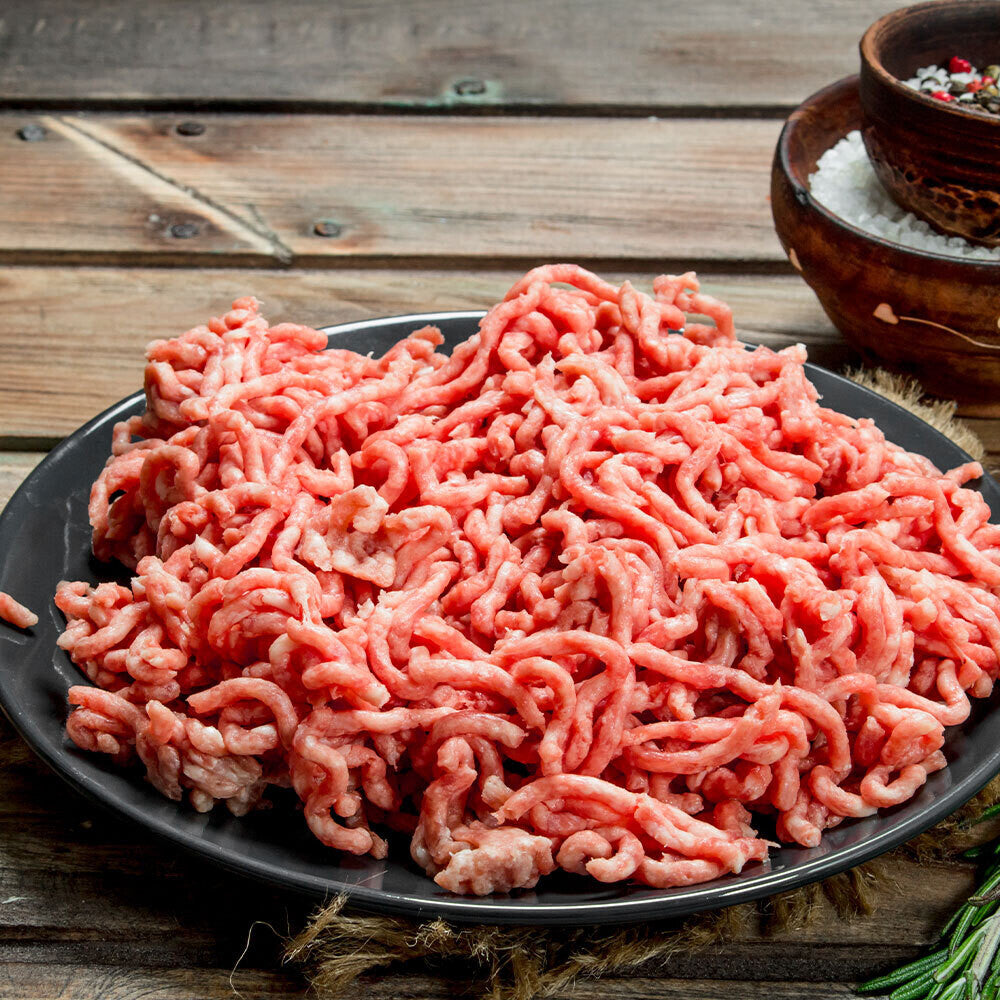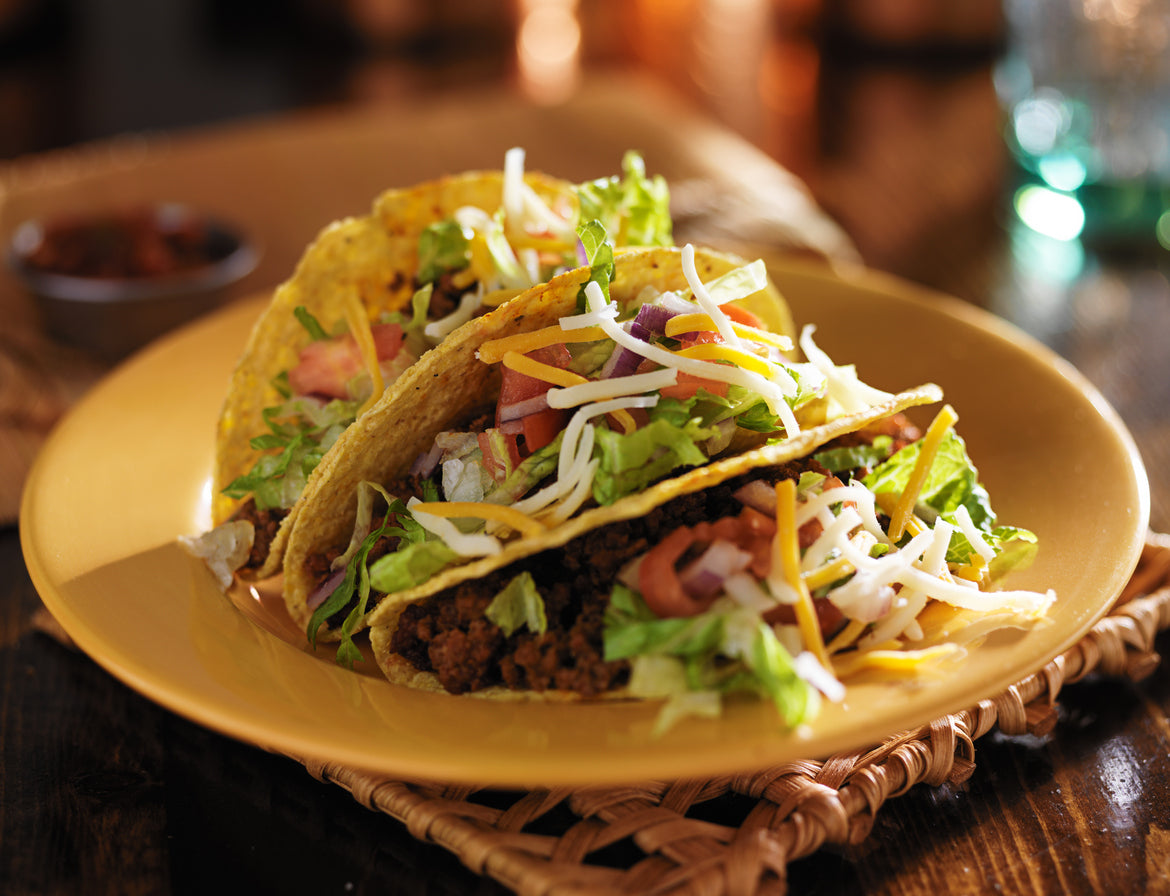
Why Choose Local Grass Fed Beef: Exploring the Benefits of Tyner Pond Farm's Certified, 100% Grass Fed and Finished Beef in Central Indiana
As consumers become more health-conscious and environmentally aware, there has been an increasing interest in local grass fed beef as a healthier and more sustainable alternative to conventional beef. Local grass fed beef is produced from cattle that have been raised on a diet of grass and other forage, as opposed to grain-based diets that are commonly used in conventional beef production. The benefits of choosing local grass fed beef are numerous and wide-ranging, from health and environmental benefits to economic benefits for local farmers. In this article, we will explore the benefits of choosing local grass fed beef and specifically highlight Tyner Pond Farm, a certified American Grassfed Association farm located near Greenfield, Indiana.
 Tyner Pond Farm Local Grass Fed Beef
Tyner Pond Farm is a family-owned and operated farm located near Greenfield, Indiana. The farm specializes in providing high-quality, 100% grass fed and finished beef that is certified by the American Grassfed Association. The farm takes pride in its sustainable and humane farming practices that prioritize the health and well-being of the animals and the land. In addition, Tyner Pond Farm offers free delivery to most of Central Indiana, making it easy for consumers to access their premium grass fed beef.
Tyner Pond Farm Local Grass Fed Beef
Tyner Pond Farm is a family-owned and operated farm located near Greenfield, Indiana. The farm specializes in providing high-quality, 100% grass fed and finished beef that is certified by the American Grassfed Association. The farm takes pride in its sustainable and humane farming practices that prioritize the health and well-being of the animals and the land. In addition, Tyner Pond Farm offers free delivery to most of Central Indiana, making it easy for consumers to access their premium grass fed beef.
 Tyner Pond Farm Grass Fed Beef
While grass fed beef can be more expensive than conventional beef, it is important to consider the benefits that come with it. In addition to its nutritional and environmental benefits, grass fed beef tends to be of higher quality, meaning that you are getting more value for your money. Furthermore, there are many ways to incorporate grass fed beef into your diet without breaking the bank, such as buying whole cow or some of the more obscure cuts and roasts., which can provide significant savings over time.
Tyner Pond Farm Grass Fed Beef
While grass fed beef can be more expensive than conventional beef, it is important to consider the benefits that come with it. In addition to its nutritional and environmental benefits, grass fed beef tends to be of higher quality, meaning that you are getting more value for your money. Furthermore, there are many ways to incorporate grass fed beef into your diet without breaking the bank, such as buying whole cow or some of the more obscure cuts and roasts., which can provide significant savings over time.
What is Tyner Pond Farm?
 Tyner Pond Farm Local Grass Fed Beef
Tyner Pond Farm is a family-owned and operated farm located near Greenfield, Indiana. The farm specializes in providing high-quality, 100% grass fed and finished beef that is certified by the American Grassfed Association. The farm takes pride in its sustainable and humane farming practices that prioritize the health and well-being of the animals and the land. In addition, Tyner Pond Farm offers free delivery to most of Central Indiana, making it easy for consumers to access their premium grass fed beef.
Tyner Pond Farm Local Grass Fed Beef
Tyner Pond Farm is a family-owned and operated farm located near Greenfield, Indiana. The farm specializes in providing high-quality, 100% grass fed and finished beef that is certified by the American Grassfed Association. The farm takes pride in its sustainable and humane farming practices that prioritize the health and well-being of the animals and the land. In addition, Tyner Pond Farm offers free delivery to most of Central Indiana, making it easy for consumers to access their premium grass fed beef.
The Benefits of Local Grass Fed Beef
One of the most significant benefits of local grass fed beef is its nutritional value. Grass fed beef is high in omega-3 fatty acids and conjugated linoleic acid (CLA), which have been shown to reduce the risk of heart disease and certain cancers. Additionally, Tyner Pond Farm grass fed beef is free from antibiotics and hormones that are commonly used in conventional beef production, making it a healthier and safer option. Choosing local grass fed beef also supports small-scale, sustainable farming practices and helps to reduce the carbon footprint of the meat industry. Finally, many consumers prefer the taste and texture of grass fed beef over conventional beef, as it tends to be more tender and flavorful.Grass Fed Beef: Is It Worth the Investment?
 Tyner Pond Farm Grass Fed Beef
While grass fed beef can be more expensive than conventional beef, it is important to consider the benefits that come with it. In addition to its nutritional and environmental benefits, grass fed beef tends to be of higher quality, meaning that you are getting more value for your money. Furthermore, there are many ways to incorporate grass fed beef into your diet without breaking the bank, such as buying whole cow or some of the more obscure cuts and roasts., which can provide significant savings over time.
Tyner Pond Farm Grass Fed Beef
While grass fed beef can be more expensive than conventional beef, it is important to consider the benefits that come with it. In addition to its nutritional and environmental benefits, grass fed beef tends to be of higher quality, meaning that you are getting more value for your money. Furthermore, there are many ways to incorporate grass fed beef into your diet without breaking the bank, such as buying whole cow or some of the more obscure cuts and roasts., which can provide significant savings over time.
How to Find Real Local Grass Fed Beef Farms
When looking for local grass fed beef, it is important to be wary of misleading labels and online marketplaces that may depend on foreign imported beef vs. providing genuine local grass fed beef. Instead, look for local farms that are certified by reputable organizations such as the American Grassfed Association or that can provide detailed information about their farming practices. You can also check online directories or visit local farmers markets to find genuine local grass fed beef.Local Grass Fed Beef Farms Near Me
If you are located near Greenfield, Indiana, there are several local grass fed beef farms that you can choose from, including Tyner Pond Farm. Buying from local farms not only supports your local economy, but it also allows you to connect with the farmers who produce your food and learn more about sustainable farming practices. Additionally, buying in bulk or by the cut can provide significant savings and allow you to customize your meat selection to your preferences. In conclusion, choosing local grass fed beef from farms like Tyner Pond Farm can provide numerous benefits for your health, the environment, and the local economy. By supporting small-scale, sustainable farming practices, you can ensure that you are getting high-quality, nutrient-rich meat that is free from harmful additives.
Tags:
Previous post
Understanding Chicken Labels: Free Range vs. Pasture Raised and the Benefits of Pasture Raised Chickens
Next post
